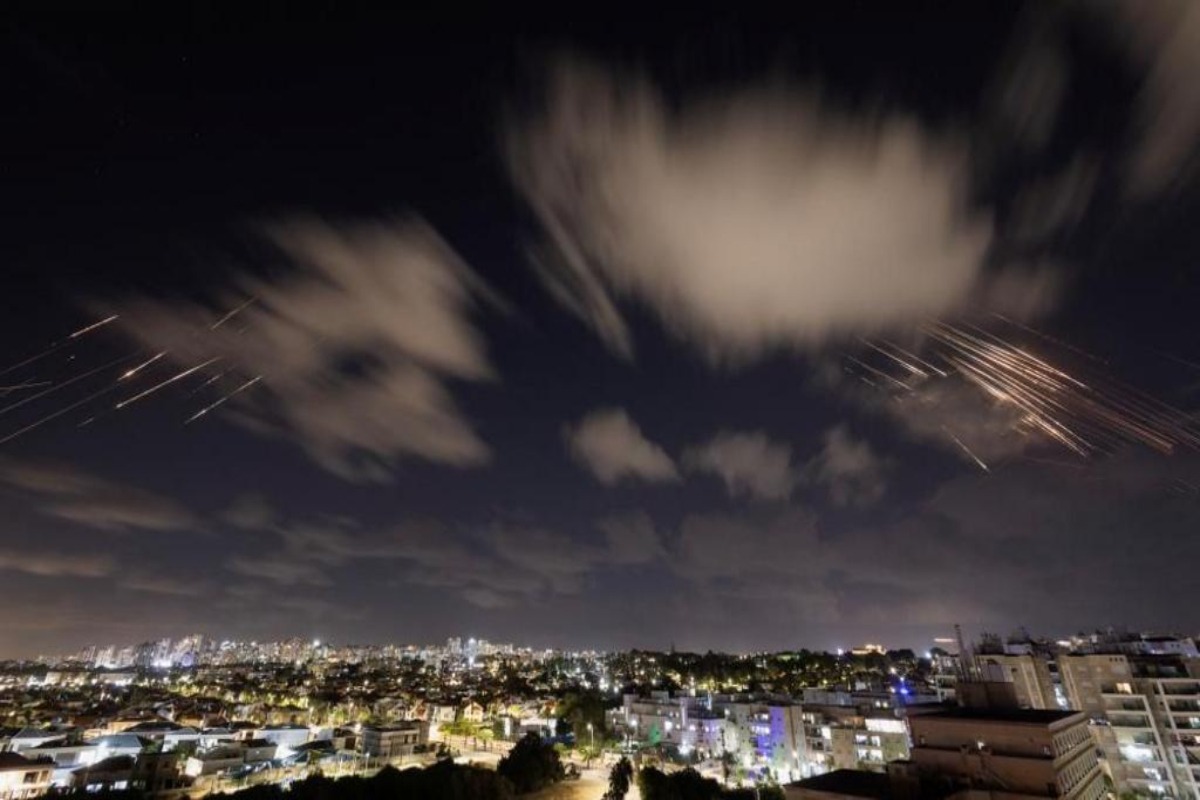Iran launched a barrage of ballistic missiles at Israel in response to Israel’s actions against Tehran’s Hezbollah allies in Lebanon.
Sirens blared throughout Israel, and explosions were heard in Jerusalem and the Jordan River valley as residents rushed into bomb shelters. During live broadcasts, reporters on state television took cover by lying flat on the ground. Israeli media indicated that as many as 100 missiles were fired.
Israel anticipated a large-scale attack from Iran following its ground raids into Lebanon and airstrikes conducted by its warplanes.
Although Israel has described the operation as limited, this marks its first ground campaign in Lebanon in 18 years, placing Israeli soldiers against Hezbollah, Iran’s most well-equipped proxy force in the Middle East.
This development represents the most significant escalation of regional conflict since fighting erupted in Gaza a year ago and comes after weeks of intense airstrikes that have severely weakened Hezbollah by eliminating many of its senior leaders. More than a thousand Lebanese have died, and around a million have been displaced from their homes.
Iran, a supporter of Hezbollah, has vowed to retaliate against Israel, raising concerns that conflict could escalate across borders in the region. This comes despite efforts by the United States, Israel’s closest and most powerful ally, to contain the situation.
In the most recent development, Israel announced the assassination of Muhammad Jaafar Qasir, a senior Hezbollah figure, describing him as a commander responsible for overseeing weapons transfers from Iran and its affiliates.
In Washington, a senior White House official stated that the U.S. is actively aiding preparations to defend Israel against a direct military attack from Iran. The official warned that such an attack would have serious repercussions for Tehran.

















